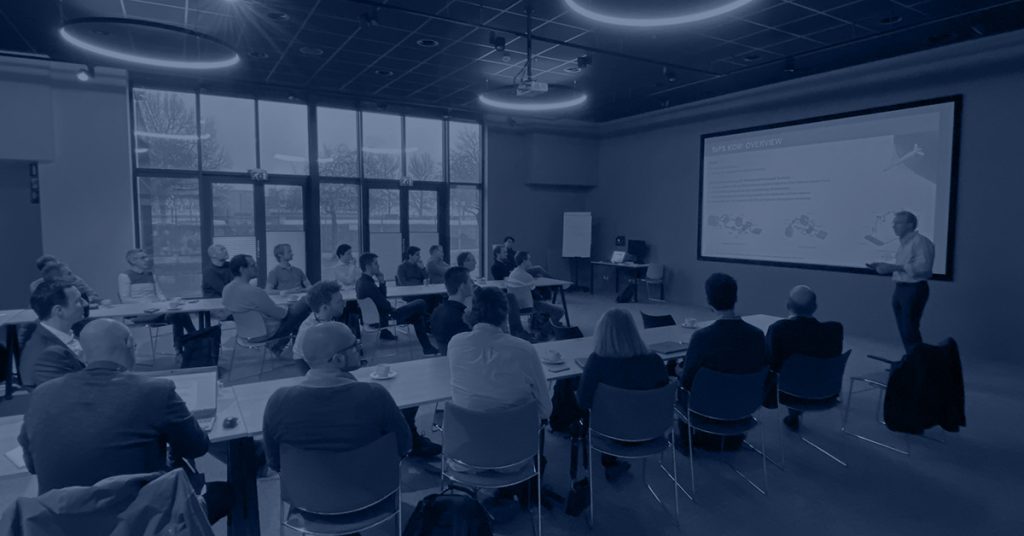LiT TePS KICK OFF AT AERONAMIC
Today we are hosting the Kick-off of TePS, an important step in making the aviation industry more sustainable. TePS is a project within the sustainable aviation initiative “Luchtvaart in Transitie – LiT”. LiT is awarded within the Dutch National Growth Fund and funded by the Ministry of Infrastructure and Water Management of the Netherlands.
The Thermal and Pneumatic Systems (TePS) project focuses on the development of a number of new systems essential for making aircraft more sustainable. The targeted systems are air conditioning, cooling and air supply. They can be used in more electric aircraft flying on sustainable aviation fuel (SAF) and hydrogen.

The cooling system focuses on the cooling of electrical systems onboard aircraft and will be based on the two-phase pumped loop concept. Unlike the air conditioning system, this system has a constant temperature and pressure. The refrigerant is pumped and not compressed. Heat release in the heat exchangers occurs due to the phase transition from liquid to gas (heat absorption) and gas to liquid (heat release). A complete system will be developed, focusing on developing the control for constant pressure.
The air conditioning system focuses on cabin cooling and will be based on the inverse Rankine cycle. In this cycle, heat is moved using a refrigerant that undergoes phase transitions. The refrigerant is compressed in the gas phase by the compressor, after which it condenses at high pressure in the condenser and emits heat. Then, in the liquid phase, the refrigerant is expanded over the expansion valve and evaporated in the evaporator. This absorbs heat and produces cooling. An air conditioning pack is developed with state-of-the-art components, including the lightweight centrifugal e-compressor and heat exchangers.
A fresh air system will be developed fuel-cells, controlling flow, pressure, temperature and humidity. This system is critical to the success of the fuel-cell used in hydrogen powered aircraft as because it is a high energy consumer, bulky and complex. Again, state-of-the-art system components will be developed, including the e-compressor, turbine, heat exchangers, controllers, etc.
The project starts with the development of technology building blocks and ends with the application of these building blocks in technology demonstrations. The project has a duration of 4 years and is carried out by a consortium of five partners (Aeronamic, Collins Aerospace, the NLR, the TUD and the UT). These partners have a renowned track record in the field of aerospace systems and bring a wealth of knowledge to the project. This knowledge makes it possible to develop complex systems that can be successfully marketed in the near future.
The project is being led by Aeronamic.